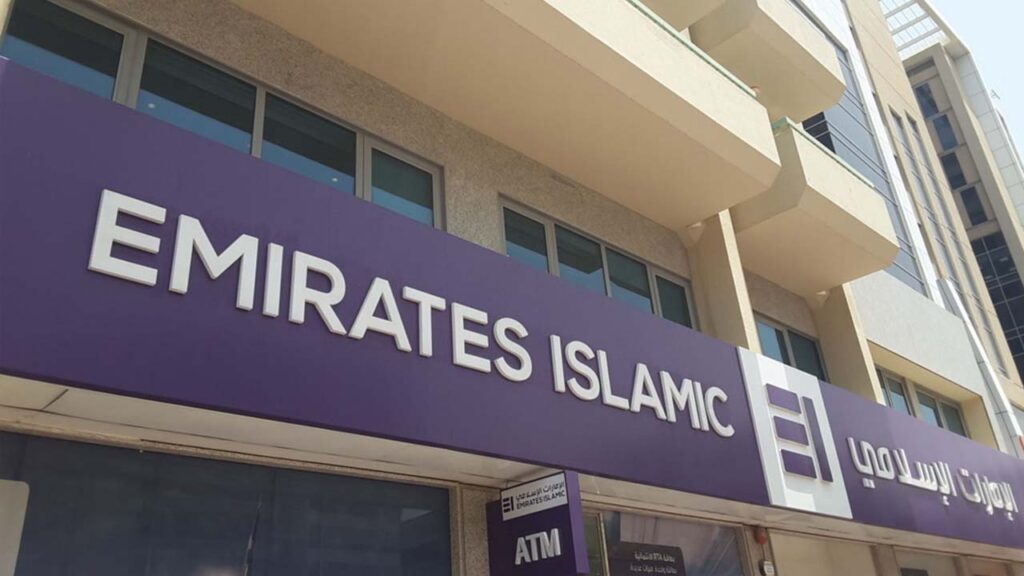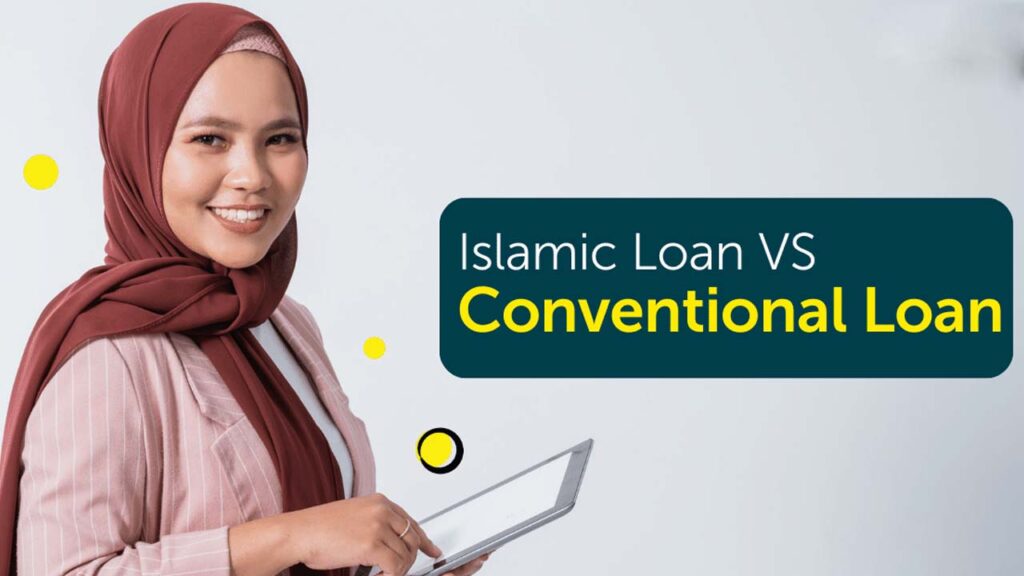SGDLoan.com – As more individuals in Singapore seek ethical financial options, exploring a loan from islamic bank becomes a valuable alternative.
We understand the growing interest in financing solutions that align with Islamic values, especially those that promote transparency, shared risk, and avoid interest-based mechanisms.
Before jumping into the key aspects of Islamic loans, it’s important to understand why this form of financing is attracting both Muslims and non-Muslims alike.
Besides the religious obligations, Islamic loans are often praised for their fairness, clear terms, and ethical screening, which exclude sectors like alcohol, gambling, and speculative investments.
What Is an Islamic Bank Loan?

An Islamic bank loan refers to a financing product structured according to Islamic Shariah principles. Unlike conventional loans, where banks earn profit through interest, Islamic banks operate using real economic activities that generate legitimate profits.
These loans are not simply “interest-free” alternatives but are structured with contracts that require asset-backed transactions, full disclosure, and shared risk. The borrower and the bank enter into an agreement where profits are earned through trade, leasing, or partnerships, rather than charging interest on money lent.
This ensures that all parties involved are aligned in their financial objectives, and that no one benefits unjustly at the expense of the other. The structure also reduces excessive risk and speculation, which are both discouraged in Islamic finance.
Common Islamic Financing Structures

To ensure that financing remains halal and complies with religious obligations, Islamic banks use specific contracts and structures. These are designed to replace interest with permissible forms of profit, which are transparent and fair.
Murabaha (Cost-Plus Sale)
In this structure, the bank purchases an item or asset on behalf of the customer and sells it to them at a pre-agreed profit margin. The customer pays back in instalments. This is one of the most common structures used for personal loans and consumer financing.
Ijarah (Leasing Contract)
With Ijarah, the bank buys an asset and leases it to the customer for a fixed rental amount over a specific period. Ownership typically remains with the bank until all payments are complete, at which point it may transfer ownership to the customer.
Mudarabah (Profit Sharing Partnership)
Mudarabah is an investment partnership where one party provides capital and the other contributes expertise and management. Profits are shared according to a pre-agreed ratio, while losses are borne only by the provider of capital.
Qard al-Hasan (Benevolent Loan)
This is a truly interest-free loan where the borrower repays only the principal. These are usually provided for charitable purposes or to help individuals in hardship, and are not a profit-making instrument for banks.
These financing methods are reviewed and approved by Shariah supervisory boards to ensure full compliance with Islamic law, offering peace of mind to consumers.
Islamic Banking Landscape In Singapore

Islamic finance in Singapore is still developing, but the foundation is solid thanks to strong financial regulation, openness to international partnerships, and support from the Monetary Authority of Singapore (MAS). Although full-fledged Islamic banks are limited locally, several banks and financial institutions offer Islamic finance products to meet the needs of Muslim consumers.
Islamic finance in Singapore includes retail offerings such as personal financing, home financing, and investment accounts, as well as wholesale banking products like sukuk (Islamic bonds). Some services are offered through windows or subsidiaries of international Islamic banks.
Banks and finance companies collaborate with Islamic finance consultants and Shariah advisory firms to ensure product compliance. Institutions such as the Islamic Bank of Asia (formerly operating under DBS) have previously set the groundwork for future offerings.
For individuals in Singapore, these developments mean more access to halal personal finance tools, including those modeled after loan from islamic bank structures globally.
Is Islamic Bank Loan Halal?

Many people ask whether an Islamic bank loan is truly halal, given that some use similar benchmarks and calculations as conventional loans. The answer lies in the structure and intent of the financing.
Islamic loans avoid riba by not lending money for profit. Instead, banks buy or lease assets, and earn profit through trade or rent. This makes the transaction halal because it’s backed by real economic activity, not money for money.
There are differing opinions on whether using interest rate benchmarks like LIBOR to calculate profit margins invalidates the halal status. However, most scholars agree that as long as the structure is compliant and not based on interest itself, the loan remains halal. Institutions such as the Accounting and Auditing Organization for Islamic Financial Institutions (AAOIFI) support this practice under strict guidelines.
In situations where no halal financing is available, or if taking a conventional loan is unavoidable due to genuine hardship (darurah), scholars may permit temporary alternatives — but this must be based on necessity and not convenience.
Personal Loans From Dubai Islamic Bank And Emirates Islamic Bank

Two of the most prominent Islamic banks in the Middle East, Dubai Islamic Bank (DIB) and Emirates Islamic Bank (EIB), offer a wide range of Shariah-compliant personal loan products. Their offerings serve as examples of how a loan from islamic bank is structured and delivered in practice.
These banks provide financing options under contracts such as Murabaha or Ijarah, tailored to various customer segments including salaried individuals, self-employed, and expats. Here’s a comparison of some features:
| Feature | Dubai Islamic Bank | Emirates Islamic Bank |
|---|---|---|
| Financing Type | Personal Finance via Murabaha | Personal Finance via Ijarah or Murabaha |
| Shariah Supervision | In-house Shariah board with fatwa support | Shariah compliance approved by board |
| Profit Rate | Based on income, market rates | Varies by tenure and credit score |
| Early Settlement Option | Available with partial rebate | Available with certain conditions |
| Residency Requirement | UAE residents, GCC nationals | UAE residents, some expat categories |
While Singapore-based customers may not access these loans unless residing in the UAE, the structure and ethics behind them are useful for understanding what to expect from Islamic banks. Additionally, these banks are often used as a benchmark or inspiration by Islamic finance providers globally.
Comparing Islamic And Conventional Loans

Understanding the distinctions between Islamic and conventional financing can help borrowers make informed decisions. Here’s a balanced comparison:
| Key Criteria | Islamic Loans | Conventional Loans |
|---|---|---|
| Basis of Profit | Real asset trade or service rental | Interest charged on principal |
| Shariah Compliance | Yes, with ethical screening and board approval | No religious or ethical restrictions |
| Interest (Riba) | Strictly prohibited | Central to business model |
| Transparency | Contracts must be clear and asset-based | Terms can be complex and vary between lenders |
| Ownership of Asset | Shared or transferred upon payment completion | Asset belongs to borrower |
| Risk Sharing | Bank and customer share risk | Borrower carries most financial risk |
Islamic loans encourage ethical behavior, responsible borrowing, and sustainability in financial dealings. This appeals not only to Muslims but also to others who seek an alternative to the debt-driven model of conventional banks.
How To Apply For An Islamic Bank Loan In Singapore

Though the market for Islamic personal financing in Singapore is growing, it’s important to follow the right steps to ensure you secure a legitimate and Shariah-compliant loan.
1. Identify Available Providers
Start by exploring banks or financial service companies offering Islamic loans in Singapore. Some may offer these through dedicated Islamic windows or in partnership with regional Islamic banks.
2. Choose a Financing Product
Assess your needs and find out whether the bank offers Murabaha-based financing for personal expenses or Ijarah-based financing for leasing purposes. Review all documentation for Shariah compliance approval.
3. Prepare Required Documents
Typically, you’ll need:
- Identity documents (NRIC, passport, etc.)
- Proof of income (payslips, employment letter)
- Bank statements
- Tax documents, if self-employed
4. Consult with an Islamic Finance Advisor
Because structures vary, having an advisor or consultant can help you choose a compliant, beneficial option.
5. Apply and Review Contract Details Carefully
Submit your application either online or at a physical branch. Make sure to review the terms and ask for clarification where needed. Ensure the product has been approved by a certified Shariah board.
Additional Insights: Halal Housing And Investment Options

As demand for Shariah-compliant finance grows, borrowers in Singapore are also exploring other Islamic products such as halal home financing, sukuk investments, and Shariah-compliant savings accounts.
Halal housing loans follow similar structures—often through diminishing Musharakah or Ijarah—where both bank and buyer jointly own the property until full payment. Sukuk, on the other hand, function like Islamic bonds where investors earn returns based on asset performance, not interest.
Institutions such as HSBC Amanah and CIMB Islamic have previously offered such products in Southeast Asia. These options may expand in Singapore, depending on regulatory developments and consumer interest.
Choosing a loan from islamic bank allows consumers to access financing that aligns with both personal ethics and religious beliefs. It opens the door to a system based on fairness, transparency, and shared responsibility.
Whether you’re looking for a personal loan, home financing, or ethical investment, Islamic finance offers a structured and principled alternative to conventional banking.









